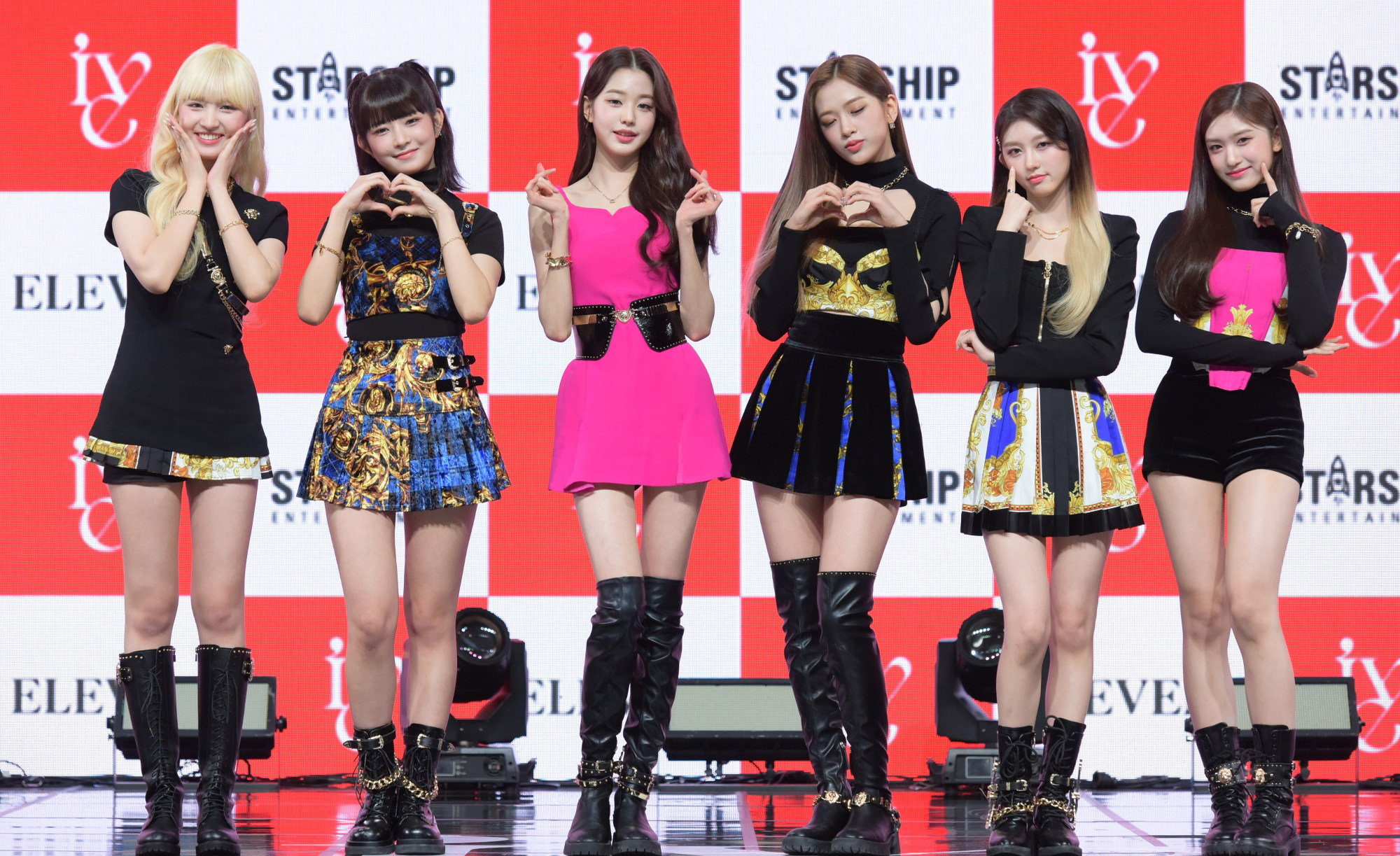
After the NewJeans controversy, should K-pop groups stop debuting minors?
- The arrival of new K-pop girl group NewJeans, whose youngest member is 14, has led to heated debate over minors in an often hyper-sexualised industry
- Placing more protection around minors working in K-pop, such as an age limit for debuting, seems a natural progression for a youth-oriented industry
K-pop girl group NewJeans surprised everyone when they arrived on the scene in July, releasing several music videos without any prior warning under a new music label, Ador.
That was followed by the release of their first EP, also called NewJeans, on August 1 which, with over 444,000 pre-orders, became the highest pre-ordered debut album from a K-pop girl group of all time.
But the arrival of NewJeans also led to heated conversation online among K-pop fans about the treatment of young stars by the companies that manage them.
Some fans accused Ador’s head, Min Hee-jin, of sexualising young K-pop stars throughout her tenure as a creative director at SM Entertainment, and now doing so again with NewJeans, whose members are all minors, with the youngest, Hyein, 14 years old.
Min’s Instagram feed is now full of comments, mostly in English, of individuals demanding she address the claims and stop working with NewJeans.
The discourse is larger than the accusations against Min, begging the question of whether the industry, or even South Korean law, needs to change in order to better protect minors working in the entertainment industry, whose control over their careers is largely out of their hands.

Since modern entertainment industries have existed, workers’ rights have typically only improved after public incidents that have brought attention to issues, or to the individuals determinedly fighting for change.
What to know about NewJeans, K-pop newbies creating buzz on YouTube, TikTok
As South Korea’s entertainment industry has similarly evolved, there have been important changes in workers’ rights that have particularly affected K-pop stars.
These include fairer contract terms for entertainers, after past so-called “slave contracts” that could tie talent to their companies, under their original contract terms, for over a decade, which resulted in a number of high-profile lawsuits (the maximum contract length is now seven years); and a wider South Korean limit on minors under the age of 16 working after 10pm, which prevents, for example, young stars working late into the night when filming variety shows.
Placing more protection around minors working as K-pop stars, such as an age limit below which entertainment companies cannot debut talent, seems the natural progression for a youth-oriented industry, as the reality is that people in power do have the ability to harm those under their wing.
With young teens part of the industry’s core audience, it feels impossible to call for a total ban on minors in K-pop groups. However, the conversation is becoming harder to avoid and it feels like something needs to change in order to properly protect K-pop’s young stars.
